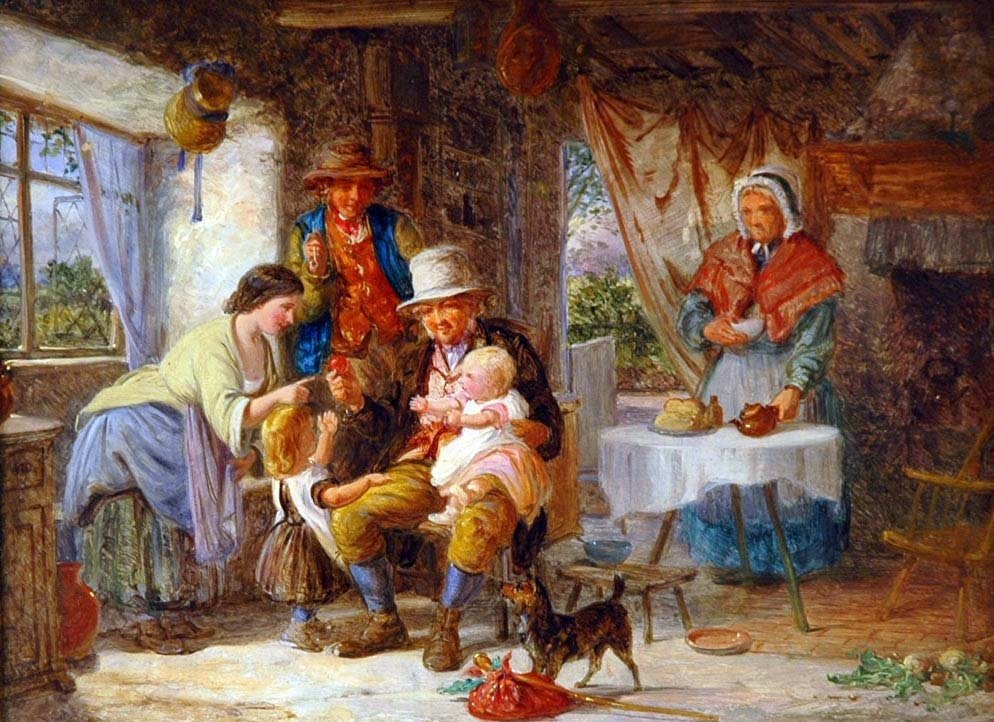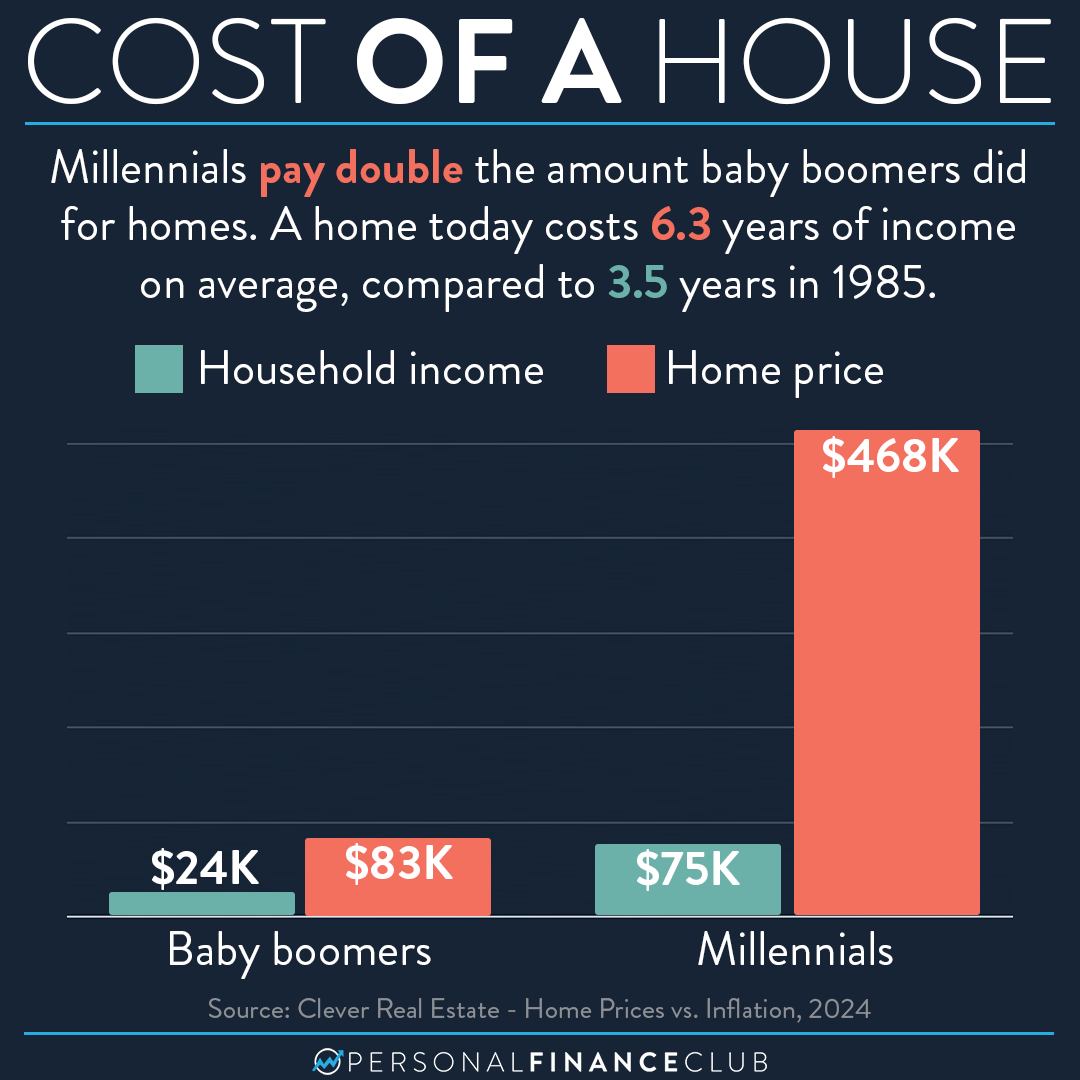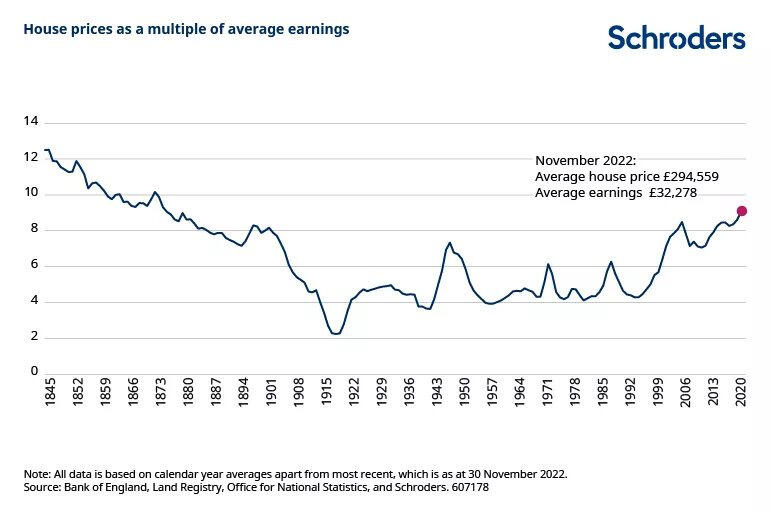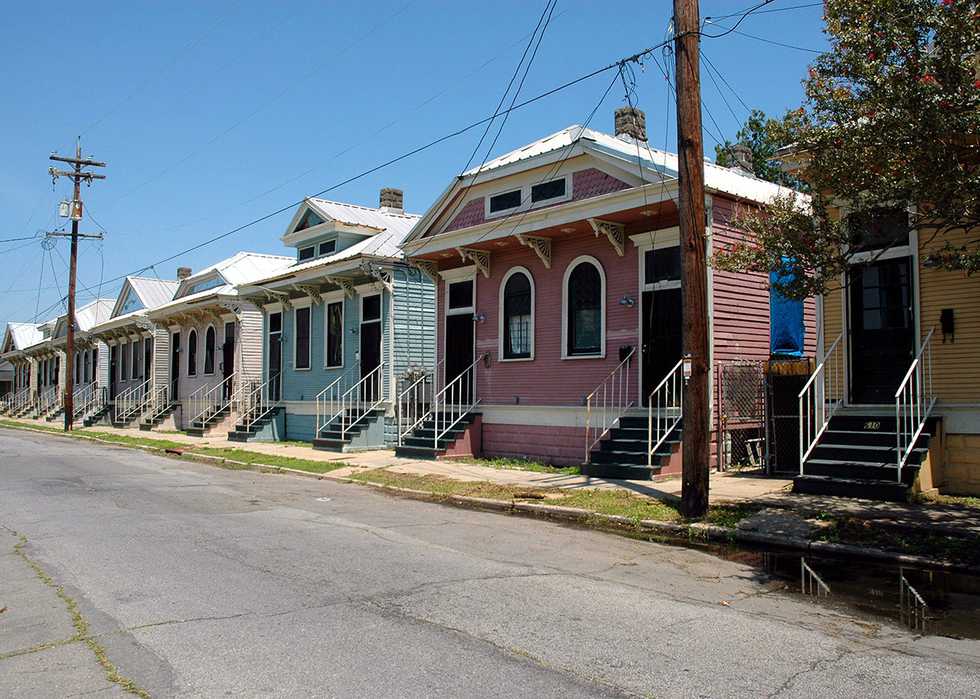Young people, in Europe and America, started moving out at the turn of the last century. It wasn't a tradition, in those countries. Housing was formerly multigenerational, but people became steadily more transient, with industrialization and the following rise of office work and the concentration closer to cities.

Prior to then, housing (including rents) was prohibitively expensive, so everyone tried to stay in their parents' or employers' home, for as long, as possible. Both the "Go west!" and "Lebensraum!" slogans hint at that crowded past. People risked their lives, en mass, trying to find enough cheap land, to build their own home. Many people left Germany, and similarly crowded countries, to move to places like Texas, where you could own your own home and therefore marry without your employers' or parents' permission.
It is still common to have inheritance fueds, here, in Bavaria, with the children squabbling over who gets to "keep" the house and how much "payout" the other children will receive, as compensation. Because you cannot always simply move to a different home in the same area (there is little available land for building and nothing to rent), leaving the ancestral home can result in de facto banishment from the entire region.
Wages increased, after WWI created a tighter labor market, and governments and large corporations (receiving government subsidies) began building or subsidizing massive amounts of homes, while the size of each home shrank dramatically. Those factors combined to lower the relative cost of housing, to the individual purchaser.

But the resulting Baby Boom construction explosion so overwhelmed the housing and mortgage markets, that housing is a very unappealing long-term investment, now, as there is hardly anyone around, to move into those many homes, when the Boomers pass. Their children and grandchildren (if they have any) are much poorer than they are, and much fewer in number, which guarantees that the housing market in most areas will eventually begin to collapse, in real terms, as Boomers pass away, or attempt to downsize.
To stabilize prices and prevent fires or delinquency, governments will begin demolishing empty houses, as they already sometimes do, in the former East Germany. Former West Germany dealt with steadily-falling house prices by mass-importing foreigners and paying for their rent at above-market prices, to artificially reinflate the housing market, but it appears that the easterners had a more politically- and economically- sustainable model for ridding themselves of excess homes.

But the era of cheap housing is over, and will continue to be so, for the next 10-15 years, so young people increasingly stay home, well into adulthood. As some cultures now have "moving out", as a prerequisite to dating, their childrens' marriage rate has plummeted and, consequently, so has the birth rate.


